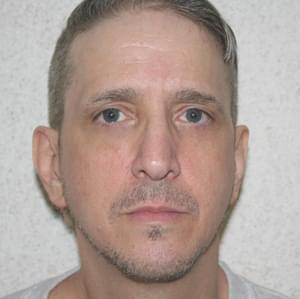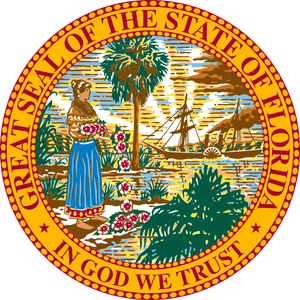By a vote of 5-4, the U.S. Supreme Court reversed a lower court’s grant of relief to Tennessee death row inmate Gregory Thompson. The U.S. Court of Appeals for the Sixth Circuit had announced that its initial denial of Thompson’s appeal was mistaken. After first denying Thompson’s habeas corpus petition, the Sixth Circuit discovered previously unconsidered evidence that Thompson was suffering from schizophrenia at the time of the offense. The court reconsidered the case in light of the evidence of major mental illness, and issued a corrected decision finding that Thompson’s trial was unconstitutional. The Supreme Court held that the Sixth Circuit had abused its discretion by withdrawing its first opinion and issuing a second opinion. In dissent, Justice Breyer wrote, “When we tell the Court of Appeals that it cannot exercise its discretion to correct the serious error it discovered here, we tell courts they are not to act to cure serious injustice in similar cases. The consequence is to divorce the rule-based result from the just result. The American judicial system has long sought to avoid that divorce. Today’s decision takes an unfortunate step in the wrong direction.” The case is Bell v. Thompson, No. 04-514.
(Washington Post, June 28, 2005).
See Supreme Court and Representation.
United States Supreme Court
Jan 22, 2024

Supreme Court Agrees to Hear Richard Glossip’s Appeal: High-Profile Innocence Case Where the State Supports Relief
Arbitrariness
Jan 03, 2024



